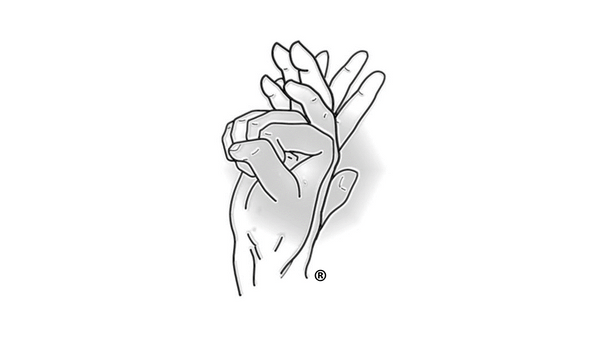Its such an encouragement when an authoritative voice publishes a post that describes the very thing you've been grappling with.
Professor Robert Coe wrote:
"In the Great Teaching Toolkit (GTT), we see teachers’ judgement and intuition as crucial. So much of the complexity of classroom interaction depends on subtle choices teachers make, mostly below the level of conscious awareness. No one can observe classroom practice without being struck by the importance and intricacy of context; the very same practice can be right in one situation and wrong in another. It follows that the way teachers adapt techniques to their context is a feature, not a bug. Adaptation is the lifeblood of effective teaching (Hatano & Inagaki,1986). Intuition becomes something we have to work with, to develop and celebrate, not to squash.
And, it turns out, this is a feature of most other kinds of expertise too (Ericsson, 2018). Experts see things differently: they focus on the underlying patterns and structure in a situation, not its surface features; they pay attention to what really matters; they internalise the causal mechanisms that determine outcomes and act on them directly; they predict consequences and evaluate their own impact against these sophisticated counterfactuals; in doing this, they draw on a depth of experience, recognising patterns, constantly formulating, testing and developing explanatory theory (Ericsson, 2018; Stigler and Miller, 2018). All these thought processes can be characterised as “intuition” (Hogarth, 2001).
In short, developing teachers’ judgement and intuition is crucial to learning to be more effective" (17/08/23).
Some time ago, I embarked on creating a reflective tool to cultivate or enhance this capacity. The process of grounding the essence of my own tacit knowledge stemmed from a chance meeting...
To find out more... https://teachersreflect.online/products/adaptive-expertise

